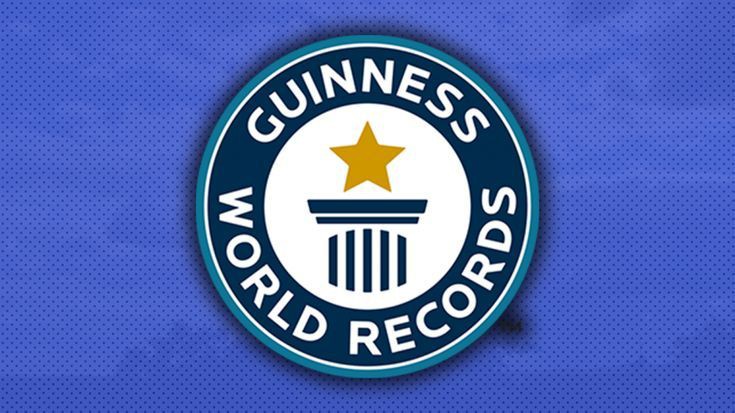The Guinness World Records has been the ultimate authority when it comes to recognizing and celebrating extraordinary achievements across a wide range of human endeavors. Whether it’s the longest distance run in 24 hours or the largest collection of rubber ducks, the Guinness World Records has become synonymous with feats that push the boundaries of what we thought was possible. One question that often arises when contemplating these remarkable accomplishments is whether the individuals who break the records receive monetary compensation. In this article, we delve into the fascinating world of Guinness World Records and explore whether participants are rewarded for their exceptional achievements.
Before discussing the financial aspect, it’s important to understand the underlying purpose of the Guinness World Records. Established in 1955, the organization aims to entertain, educate, and inspire people through record-breaking achievements. It provides a platform for individuals to showcase their exceptional skills, talents, and abilities, encouraging others to dream big and strive for greatness. The primary motivation for participating in a Guinness World Record attempt is the desire for personal accomplishment and recognition, rather than financial gain.
When it comes to breaking a Guinness World Record, the foremost reward for participants is the recognition and prestige that comes with their achievement. Being officially acknowledged as a record holder by Guinness World Records carries immense weight and can open doors to various opportunities. Record holders often receive extensive media coverage, invitations to prestigious events, and the chance to collaborate with brands and organizations seeking to align themselves with extraordinary individuals. These opportunities can translate into career advancements, sponsorships, and increased visibility, which can ultimately lead to financial benefits.
While breaking a Guinness World Record itself does not come with a direct monetary reward, the associated recognition and prestige can indirectly lead to financial gains. For example, an individual who holds a record for the fastest marathon time may attract sponsorship deals from sportswear brands, endorsement offers from companies, or speaking engagements that bring in speaking fees. Additionally, breaking a record can generate significant media attention, which can be leveraged to secure partnerships, book deals, or appearances that generate income.
In some cases, organizations or sponsors may provide financial support to cover the costs of attempting a record, such as equipment, travel expenses, or event arrangements. However, this support is typically provided on a case-by-case basis and is not guaranteed for all record attempts.
Another aspect worth mentioning is the opportunity to raise funds for charitable causes. Many record-breaking attempts are associated with fundraising efforts, where participants aim to generate donations and awareness for a specific charity or social cause. In these cases, the financial focus is on supporting a greater purpose rather than individual gain. Participants often use their record-breaking attempts as a platform to attract donations and support, which can significantly impact the lives of those in need.
Breaking a Guinness World Record is a remarkable achievement that brings recognition, prestige, and numerous opportunities to those who accomplish it. While participants do not receive direct monetary compensation from Guinness World Records for breaking a record, the associated recognition and media attention can lead to financial benefits indirectly. Through sponsorships, endorsements, media appearances, and fundraising efforts, individuals who hold records can leverage their achievements to generate income and support their future endeavors. Ultimately, the true reward lies in the personal satisfaction of surpassing one’s limits, inspiring others, and leaving an indelible mark on history.
 TImBia GH Trending News
TImBia GH Trending News





